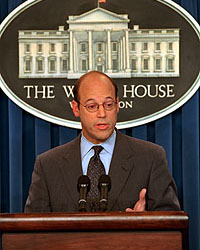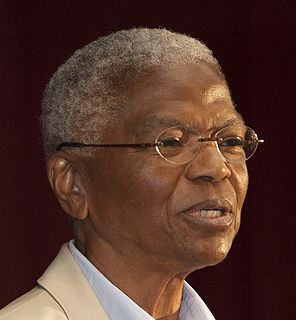A Quote by Karl Rove
Crossroads is second to none in our support of Tea Party candidates. In 2010 and '12, we spent over $30 million for Senate candidates who were Tea Party candidates. We spent almost $20 million for House candidates who were Tea Party candidates.
Related Quotes
The Tea Party is almost solely grassroots-based; business interests have almost no grassroots organization. The Republican Party has for too long been run on behalf of business interests who favor candidates the grassroots hate; the minute that those candidates begin to flag, only loyal Tea Partiers stand behind them.
People may like what third-party candidates say, because often they are the only ones saying anything, but they usually won't vote for someone who doesn't have a chance. Since third-party candidates are not in the news, they are considered to be not really in the race; and since they are not in the race, this justifies treating them as if they are not news.
Tainting the Tea Party movement with the charge of racism is proving to be an effective strategy for Democrats. There's no evidence that Tea Party adherence are any more racist than other Republicans and indeed many other Americans. But getting them to spend their time purging their ranks and having candidates distance themselves should help Democrats in November, having one's opponent rebut charges of racism is far better than discussing joblessness.
The tea party saved the Republican Party. In a broad sense, the tea party rescued it from being the fat, unhappy, querulous creature it had become, a party that didn't remember anymore why it existed, or what its historical purpose was. The tea party, with its energy and earnestness, restored the GOP to itself.
Kevin McCarthy, who is the House majority leader, was pretty open. He went out and recruited candidates. And the Republicans in the House have paid a price for it ever since, because they cannot pass anything comprehensive or real because of the Freedom Caucus, which is the child, the product, the progeny of the Tea Party.
The rise of the Tea Party, along with the emergence of Christine O'Donnell in Delaware, Sharron Angle in Nevada, Carl Paladino in New York and Ron Paul in Kentucky, is not the first time in American history that voters have responded to hard economic times by supporting angry, unorthodox Senate and gubernatorial candidates.
Seventy-five percent of voters now [in September 2016], according to the latest poll, want third-party candidates included in the debate. We have the highest disapproval and distrust rates ever in our history for these two presidential candidates, which the system is doing everything it can to force down our throats.
































